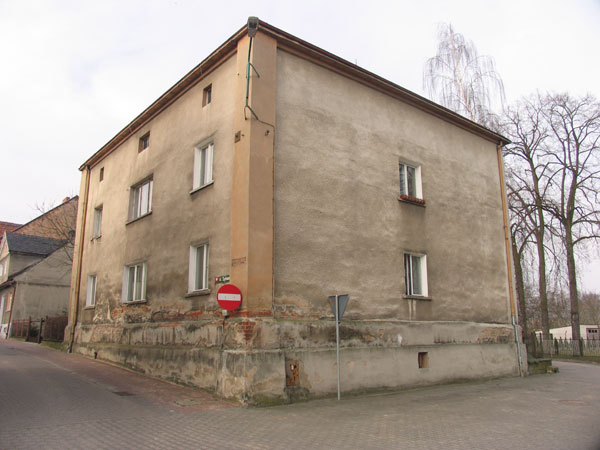After Hitler’s rise to power in the Third Reich in 1933, Polish Jews launched a social movement spontaneously to help Jewish refugees expelled from Germany. There, they were persecuted physically, materially and legally on the base of the Nuremberg Laws. A demonstration of tangible help from Polish Jews was the spontaneous formation of numerous Jewish Refugee Aid Committees.
It was a grassroots and non-centralised movement; nevertheless, the spokesman for all the committees, of which many were organized in Poland, turned out to be the Inter-Organisation Committee for Aid to Refugees based in Warsaw. An important moment for the entire movement was the expulsion of Polish Jews from Germany in October 1938. At that time, the General Committee for Aid to Jewish Refugees from Germany was established in the Polish capital at 5 Tłomackie St. It played the role of a kind of coordination centre for the intensively developing aid throughout Poland. This organization was set up after two delegations from Warsaw went to the refugee camps in Zbąszyń and Chojnice. The centre was headed by Mojżesz Schorr, a well-known and respected historian in the Second Polish Republic. In Zbąszyń, a branch of the Warsaw centre was established, headed by Emanuel Ringelblum – later, during the war, co-creator of the underground archive of the Warsaw Ghetto.
The committees’ activities were based on collections, donations, but also on grants from the Joint (American Jewish Joint Distribution Committee). As a result, about 800 committees functioned efficiently, providing emergency aid, i.e. distributing money, clothes, etc., and carrying out actions enabling the evacuees to find employment by, for example, providing vocational courses. In addition, some of the refugees were handled by Zionist organisations, which prepared individuals and their families for emigration to Palestine. Each newcomer filled in an individual card allowing to apply for support.
Numerous organisations, association and societies joined the aid campaign, including Ort and Centos. All political currents and parties as well as Jewish religious communities carried out such activities, but the Zionists dominated in the aid arena. There was, however, a certain organisational distinctiveness from the Bund, which set up its own Workers’ Aid Committee, which nevertheless cooperated with the General Committee.
According to researchers, the aid campaign proved to be very effective, becoming an expression of loud protest against Nazi policy in the Third Reich.





